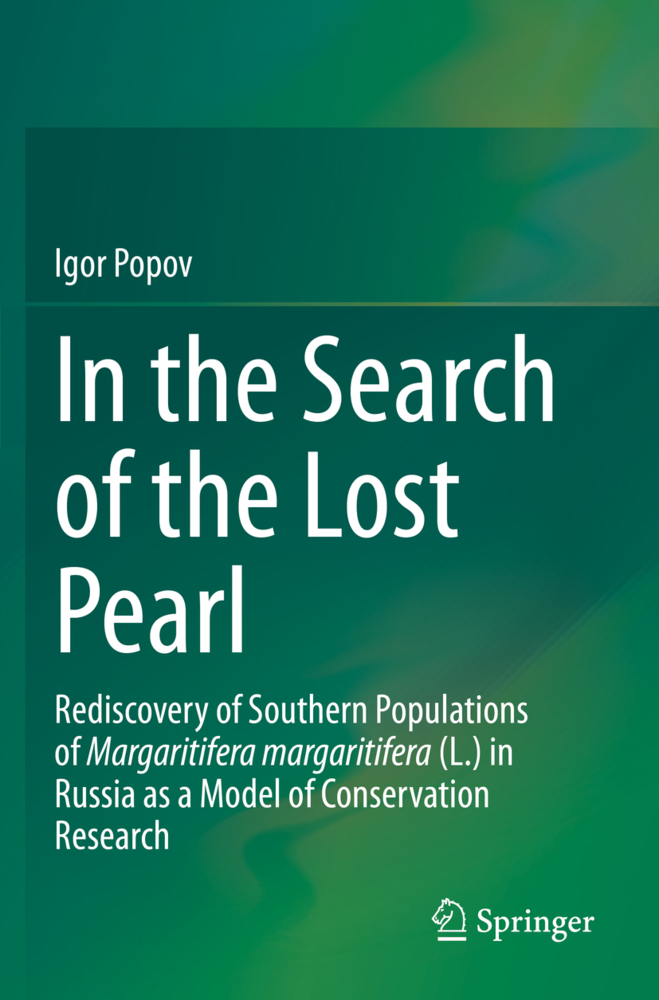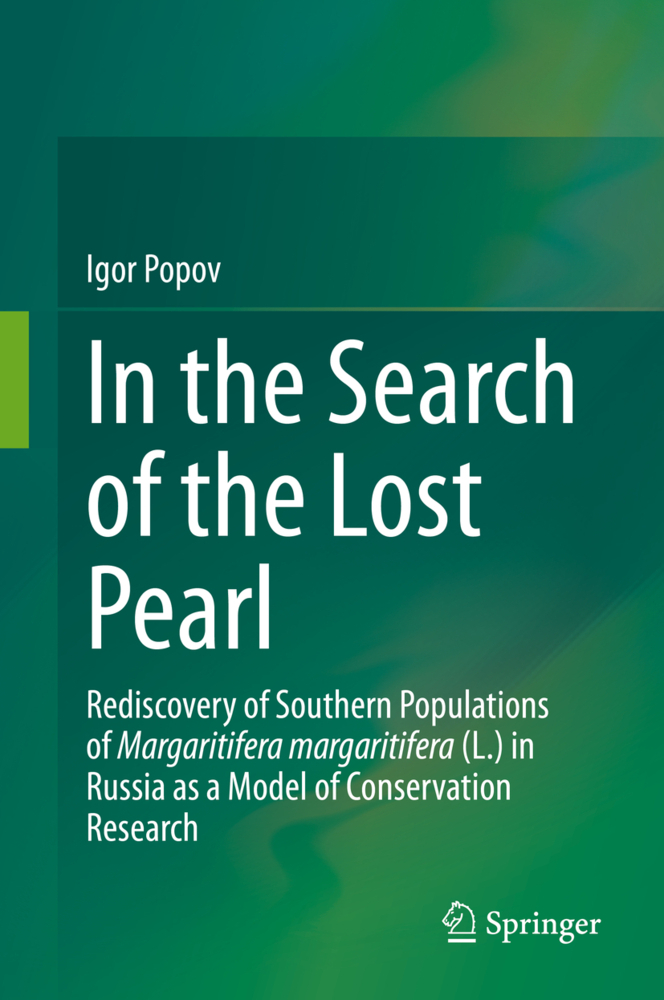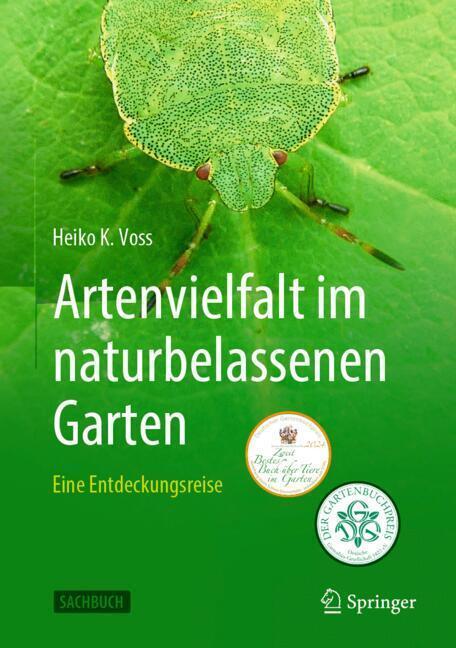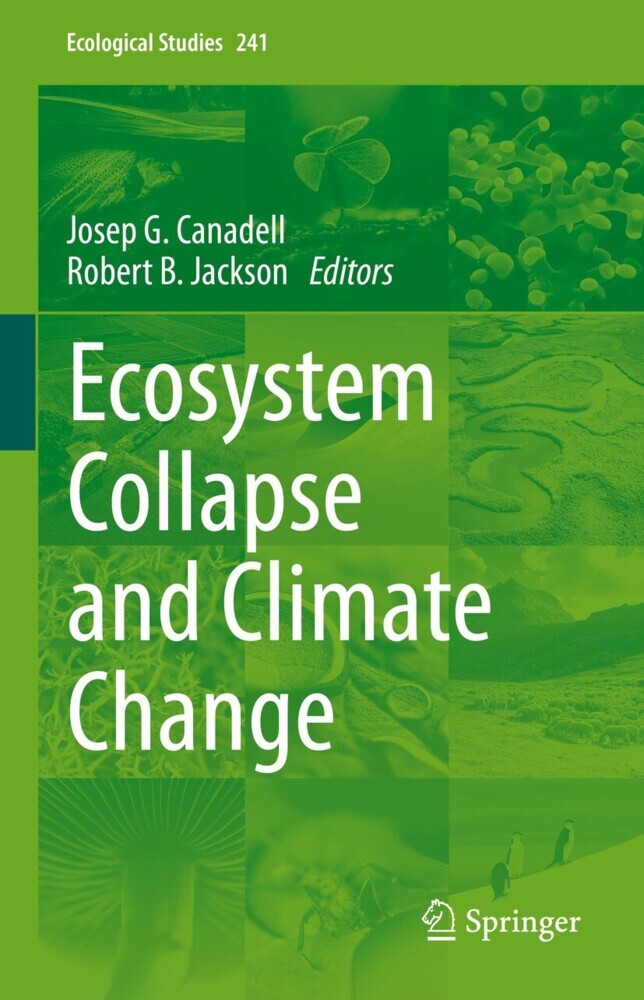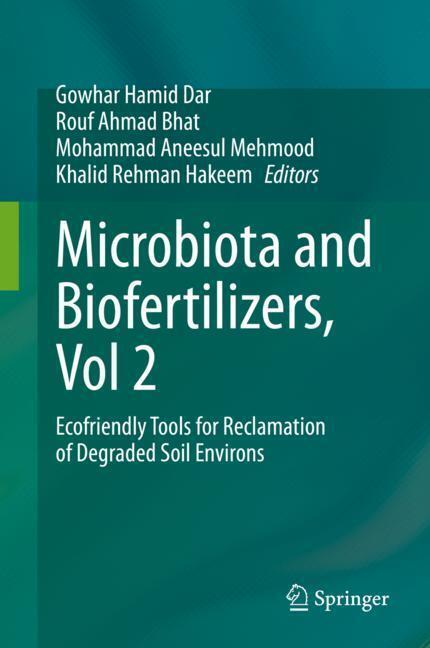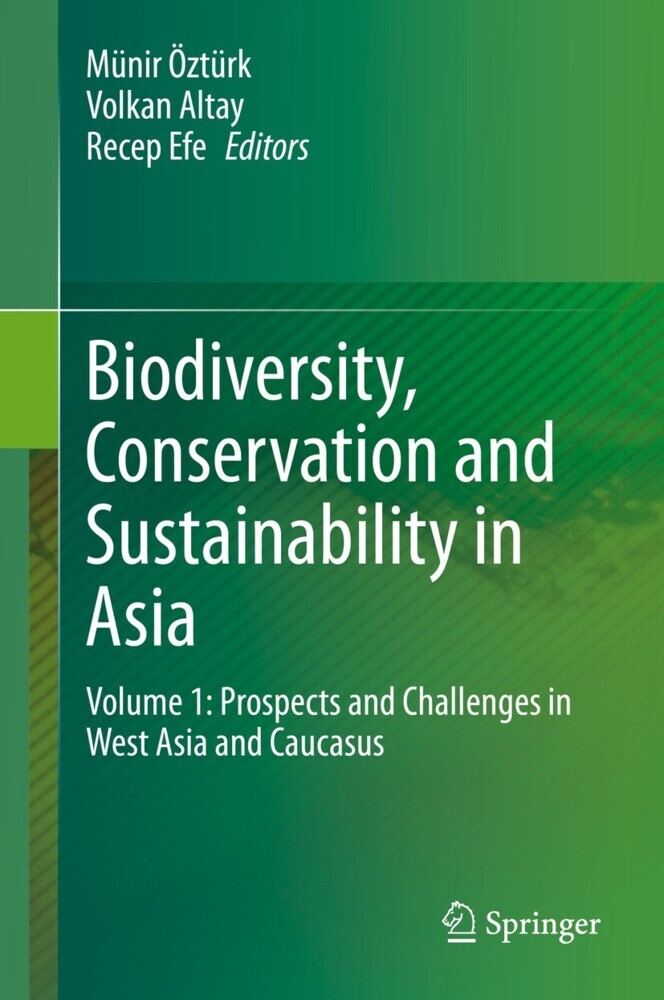In the Search of the Lost Pearl
In the Search of the Lost Pearl
The monograph focuses on the European freshwater pearl mussel Margaritifera margaritifera, which is an endangered bivalve species. Most of its populations in the Russian section of the Baltic Sea basin had never been studied, although they were known in the past to the pearl fishers. 'Rediscovery' included search for the previously unknown populations, revealing the facts of population extinctions, analysis of negative impacts, elaboration of conservation measures, and revealing of regularities in distribution. Patterns of land use and river management were analyzed.
The procedure of 'rediscovery' was applied for other animal species of Northwest Russia, which are threatened on a global scale - thick-shelled mussel, Unio crassus; curlew Numenius arquata; black-tailed godwit, Limosa limosa; Northern Lapwing, Vanellus vanellus; European mink, Mustela lutreola; pond bat, Myotis dasycneme; Atlantic sturgeon, Acipenser sturio; and broad-clawed crayfish, Astacus astacus. The methods and principles of conservation studies were discussed. The obtained data were analyzed with respect to current global change of biosphere. The book will appeal to specialists dealing with conservation studies and activities such as red lists, river protection, and conservation of endangered species. Moreover, a part of the book represents an interest for biogerontology as it presents discredit of the popular concept on 'negligible senescence.' The data on distribution of some animals in Russia will be interesting in terms of zoology and biogeography, as they are not yet sufficiently represented in the international editions.The book can be used as supplemental reading for courses in biological invasions, ecology and conservation, and biodiversity. The work also contains chapters on global processes (deforestation, desertification, river degradation) and can therefore also be used for general courses in environmental sciences.
Igor Popov was born in Leningrad (now St Petersburg), Russia, in 1971. He studied biology at Leningrad State University between 1988 and 1993. Afterwards, he worked at the Institute for the History of Science at the Russian Academy of Sciences (St Petersburg Branch), Institute for Fisheries, Directorate of Protected Areas of St Petersburg, Konrad Lorenz Institute (Austria), University of Paris 7 Denis Diderot (France) (post-doctoral fellowship supported by Fondation La maison des sciences de l'homme), and N. N. Petrov Research Institute of Oncology. He is currently a researcher in the Department for Applied Ecology (Faculty of Biology, St Petersburg State University). Popov's main research objects were salmonid fishes, bats, marine mammals, freshwater bivalves, and crayfish. His fields of interest include ecology, evolution, history of science, paleontology, zoology, and gerontology as well as various aspects of conservation biology. ORCID: 0000-0002-2564-3294; Scopus ID: 55427914900; Researcher ID: I-4096-2013.
| ISBN | 9783030662554 |
|---|---|
| Artikelnummer | 9783030662554 |
| Medientyp | E-Book - PDF |
| Copyrightjahr | 2021 |
| Verlag | Springer-Verlag |
| Umfang | 246 Seiten |
| Sprache | Englisch |
| Kopierschutz | Digitales Wasserzeichen |


